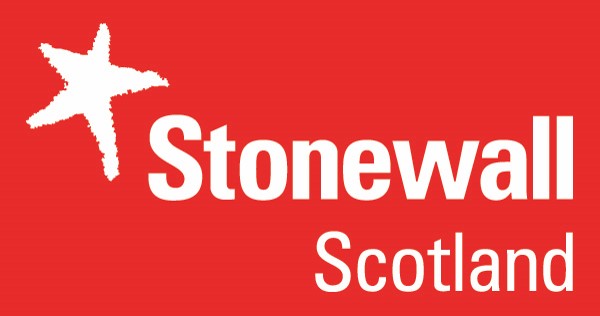Stonewall Empowerment Training

by David Radford
I attended the second part of the empowerment training course run by Stonewall on the 25th February. I was quite pleasantly surprised to see such a wide variety of attendees – everything from the academic sector to government departments and the banking sector.
It was notable that they reported within the workplace the LGBT community is not evenly treated, with 83% of lesbian and gay respondents of a survey stating that they felt their workplace was inclusive of them, while this number dropped to 52% for bi and only 48% of trans respondents. One thing which I was aware of but maybe not as actively aware of as I could be was discrimination and bias from within the LGBT+ community towards smaller or less visible groups.
The main aim of the workshop was to help identify the potential shortcomings and problems which arise from making network spaces for LGBT+ members of staff, which can create issues with cliques and exclusion, difficulties breaking into the group and issues of tokenism, and really highlighted the importance of diverse representation in the leadership and decision-making of groups as well as being open to criticism, willing to make changes and above all welcoming to newcomers.
For me, at least the main take-home message of this was to be aware of who I am interacting with and not to make assumptions when planning activities, as well as trying to engage others in decision making. That pub trip or countryside walk might be good for the morale of those attending, but it can cause other issues including financial, religious, family or accessibility problems, which can exclude a whole host of other people from attending.





